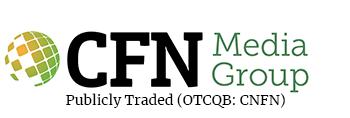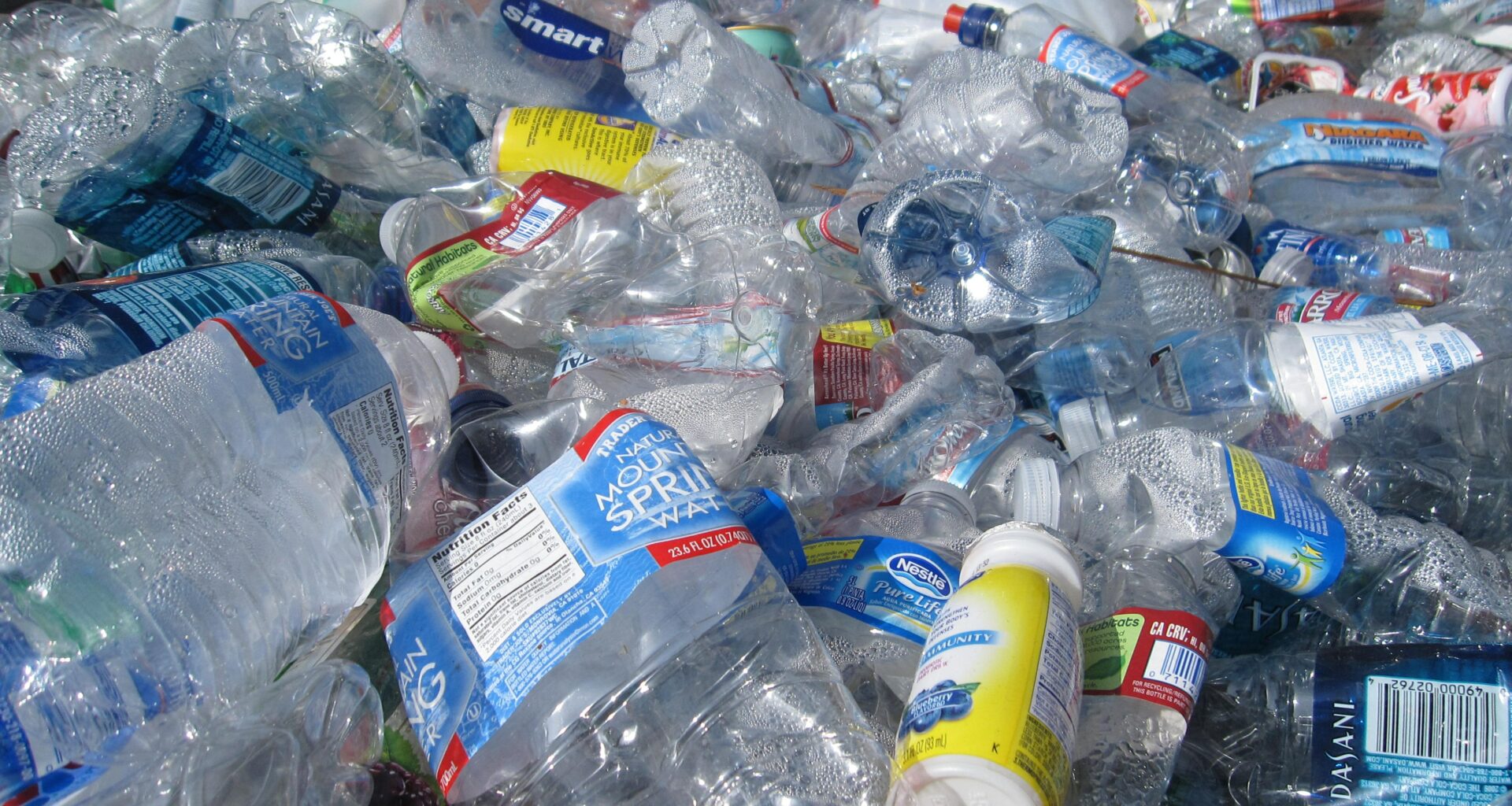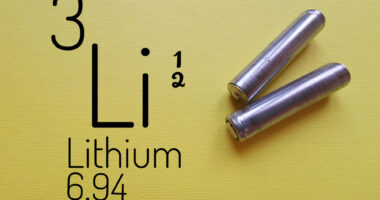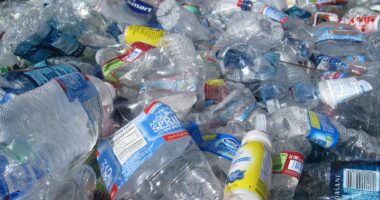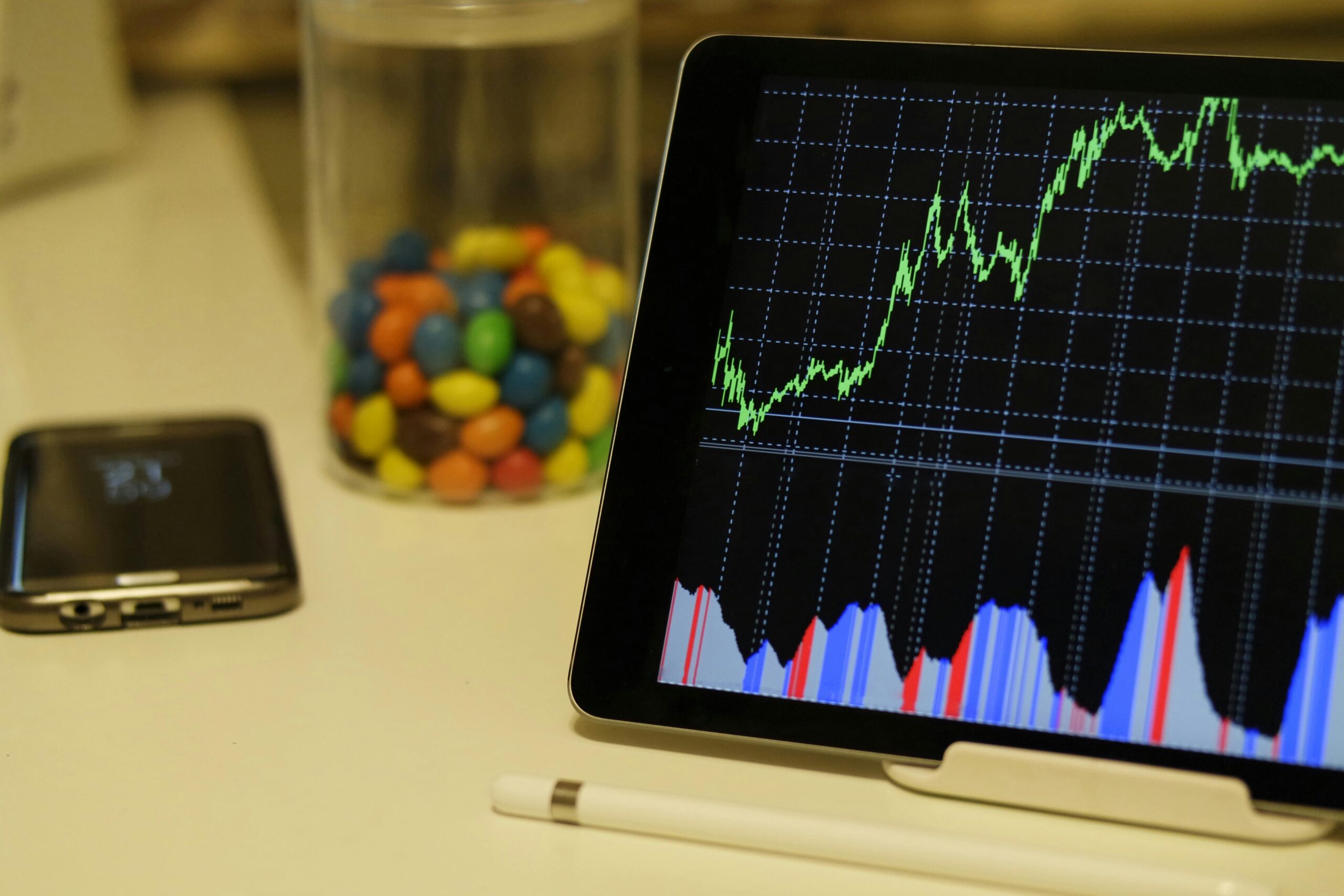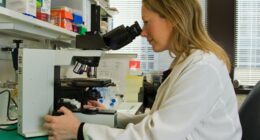Plastic recycling is not very effective. Even when plastic is collected for recycling, about 40% of it ends up being waste material. Current technologies suffer from a number of shortcomings, including high cost, intensive energy requirements, unattainable sorting and cleaning needs, inability to recycle many types of plastics, and undesirable CO2 emissions. The search is on for more adaptive, scalable, lower-cost answers, and technology upstarts are starting to introduce possible solutions.

The Ellen MacArthur Foundation has been spearheading efforts to develop an international treaty aimed at creating a circular economy for plastics, and the United Nations has had two rounds of negotiations on the parameters of the treaty to date, with a third round coming up next month in which the first draft of the treaty will be considered. There is no single solution to the massive problem – changes need to be made to the single-use plastic model, companies need to be encouraged or forced to create reusable plastics, the chemistry of plastics needs to be adapted to more environmentally friendly guidelines, and recycling technologies need to be updated with innovative solutions.
While governments work from the regulatory end, many companies around the world have committed to reducing plastic waste. Consumer product companies and service industry giants are phasing out single-use plastics, with many of them setting 2025 or 2030 as deadlines for making all of their plastic packaging reusable, recyclable, or compostable. These are admirable goals, but the recycling end of the equation is currently unable to handle most ‘recyclable’ products now in use.
To that end, major petrochemical companies are partnering with and investing in advanced recycling technologies. These companies need to bring new technologies to market soon in order to meet their own stated goals for plastic waste reduction and increased plastic recycling.
- Shell aims to receive one million tons of pyrolysis oil at its chemical factories by 2025
- TotalEnergies aims to produce 30% recycled polymers by 2030
- ExxonMobil has a goal of tripling the company’s current advanced recycling capacity by 2030
- BP aims to recycle more than 1 million tons of plastic waste per year by 2030
- SABIC has set a goal of recycling 1.5 million tons of plastic waste by 2025
- BASF aims to process 250,000 tons of recycled feedstock from 2025
- Dow Chemicals aims to recycle 1 million tons of plastic waste globally by 2030 through their “Stop the Waste” initiative
- Ineos aims to recycle 100% of plastic waste from their operations by 2030
- LyondellBasell aims to produce two million tons of recycled polymers by 2025
- Covestro has set a goal of using 250,000 tons of recycled raw materials for the production of new plastic materials by 2025
Major Partners for Aduro Clean Technologies
Aduro Clean Technologies, Inc. (CSE: ACT) (OTCQB: ACTHF) (FSE: 9D50) is a pre-commercial stage company that has developed a recycling solution called Hydrochemolytic™ technology (HCT). HCT is a water-based chemical process capable of recycling and upgrading almost any type of plastic. Aduro’s process is touted as a less expensive, more efficient, lower emission, and highly scalable solution compared to competing technologies.
Based in Ontario, Canada, Aduro has been working for several years under the radar, utilizing a mix of grants and partnerships to develop and prove its technology in the lab. The company is now nearing commercialization at a time when there is significant market demand for solutions like HCT. Aduro’s pilot-scale continuous flow HCT plastic reactor (R2 Plastic) is undergoing commissioning test runs and is expected to be fully licensed and operational by the end of the year. R2 Plastic allows Aduro to demonstrate capabilities to potential customers and test the system with particular feedstocks and end-product requirements.
Aduro Clean Technologies CEO Ofer Vicus reviews the positive feedback the company has been getting since introducing its Hydrochemolytic™ technology for the upgrading and recycling of plastic waste.
Aduro was chosen by Shell for participation in its GameChanger program. The program is designed to speed Aduro’s path to commercialization, and Aduro is currently about halfway through GameChanger with completion expected by the end of the year. The program provides non-dilutive funding and technical expertise to help Aduro develop reliable process designs and optimize the HCT technology for commercial implementation. The program also mentors Aduro in developing its commercial strategy and market position. This is just the sort of boost Aduro could use as it enters the commercial phase of its development.
Using the GameChanger program and its R2 Plastic reactor as a springboard, Aduro recently announced the addition of two more participants to its Customer Engagement Program. Though the companies remain confidential to this point, they are large and influential chemicals/plastics companies operating on a similar scale as Shell. Both have committed to providing funding to advance Aduro’s HCT technology and are presumably testing the platform for its ability to contribute to their own plastic waste reduction goals.
“The inclusion of two more participants of this calibre to our CEP marks a significant milestone for Aduro, elevating our total active projects to five,” commented Ofer Vicus, CEO of Aduro. “Each new engagement adds a unique perspective to our program, diversifies our revenue streams, and bolsters customer and investor confidence, showcasing the robust commercial potential of our Hydrochemolytic™ Technology in the global market.”
The Upshot
With more than 130 nations currently hammering out a plastic waste reduction treaty, and large corporations around the world committed to drastically reducing plastic waste in the very near term, investors might be wise to pay particular attention to new technology companies operating in the space. Aduro Clean Technologies’ water-based recycling solution has shown a lot of promise, and multinational companies are diving in to help bring HCT technology to market just in time to help meet ambitious global waste reduction goals.
It’s a very large market opportunity for a company currently valued in the $54 million range. Stay tuned for further developments.
image sources
- tanvi-sharma–4bD2p5zbdA-unsplash: Photo by tanvi sharma on Unsplash
